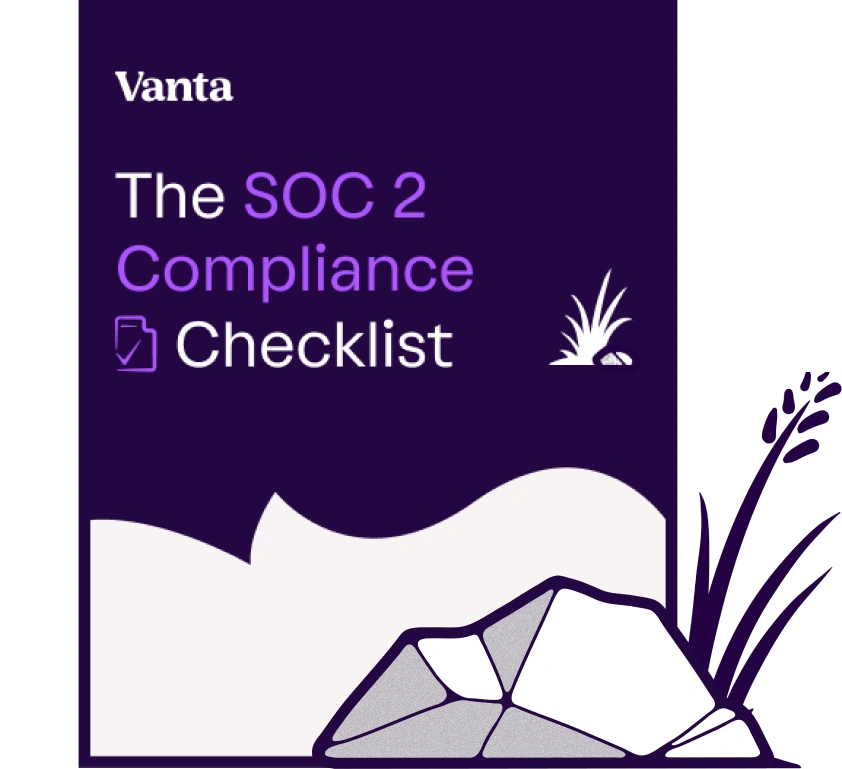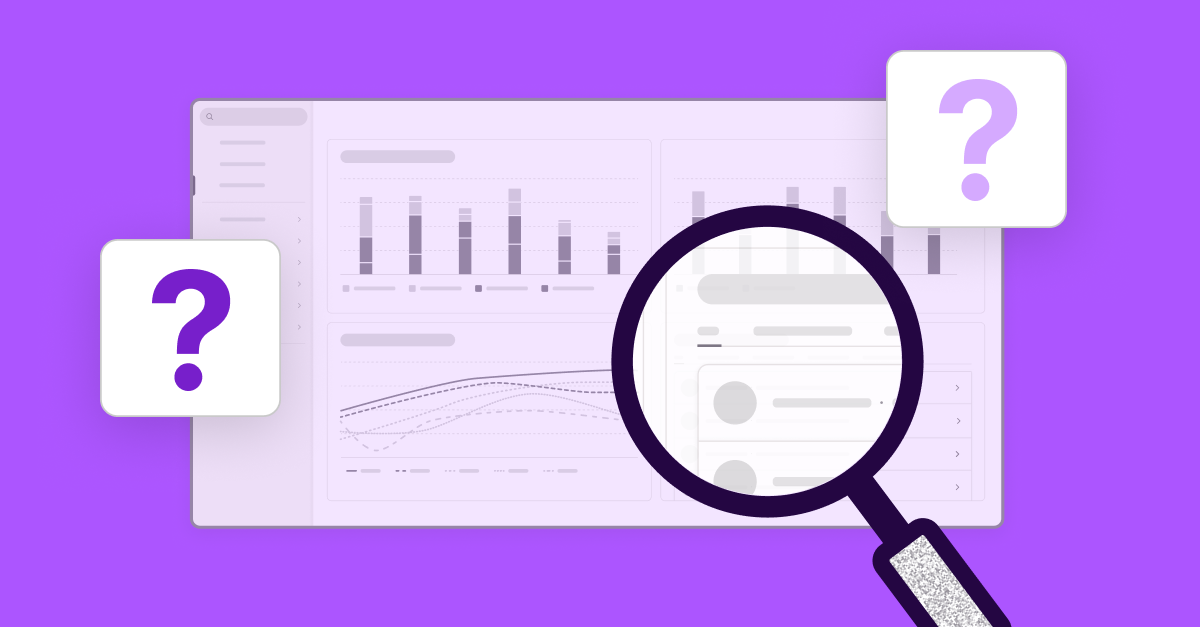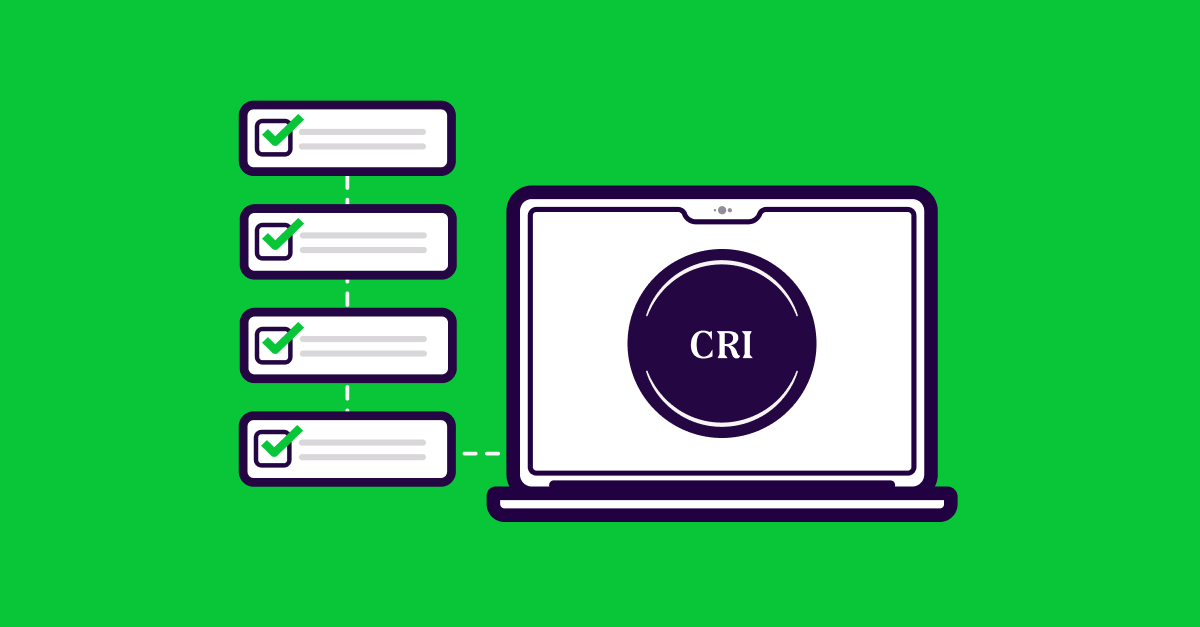
What is the HIPAA Enforcement Rule?
The HIPAA Enforcement Rule is a 2006 addition to the original Health Insurance Portability and Accountability Act of 1996 (HIPAA). HIPAA required the Secretary of the U.S Department of Health and Human Services (HHS) to develop regulations protecting the privacy and security of certain health information.
The HIPAA Enforcement Rule introduced the ability for the U.S. Department of Health and Human Services (HHS) to fine organizations for avoidable ePHI breaches. HHS’s Office for Civil Rights (OCR) is responsible for this enforcement, which it achieves through compliance reviews, outreach to encourage compliance, and investigating complaints.
Financial penalties and other HIPAA sanctions act as a deterrent against HIPAA violations while ensuring covered entities are held accountable for protecting patients' privacy, the confidentiality of health data, and providing patients with access to their health records on request. The penalty structure for HIPAA violations is tiered and based on the knowledge a covered entity had of the violation.
The financial and other penalties incurred due to HIPAA violations and data breaches can be extraordinarily costly—from significant fines that vary by violation, organizational costs of issuing notifications and mitigating the damages following breaches, to the possibility of criminal prosecution.
{{cta_withimage13="/cta-modules"}}












.png)





.svg)
.svg)


